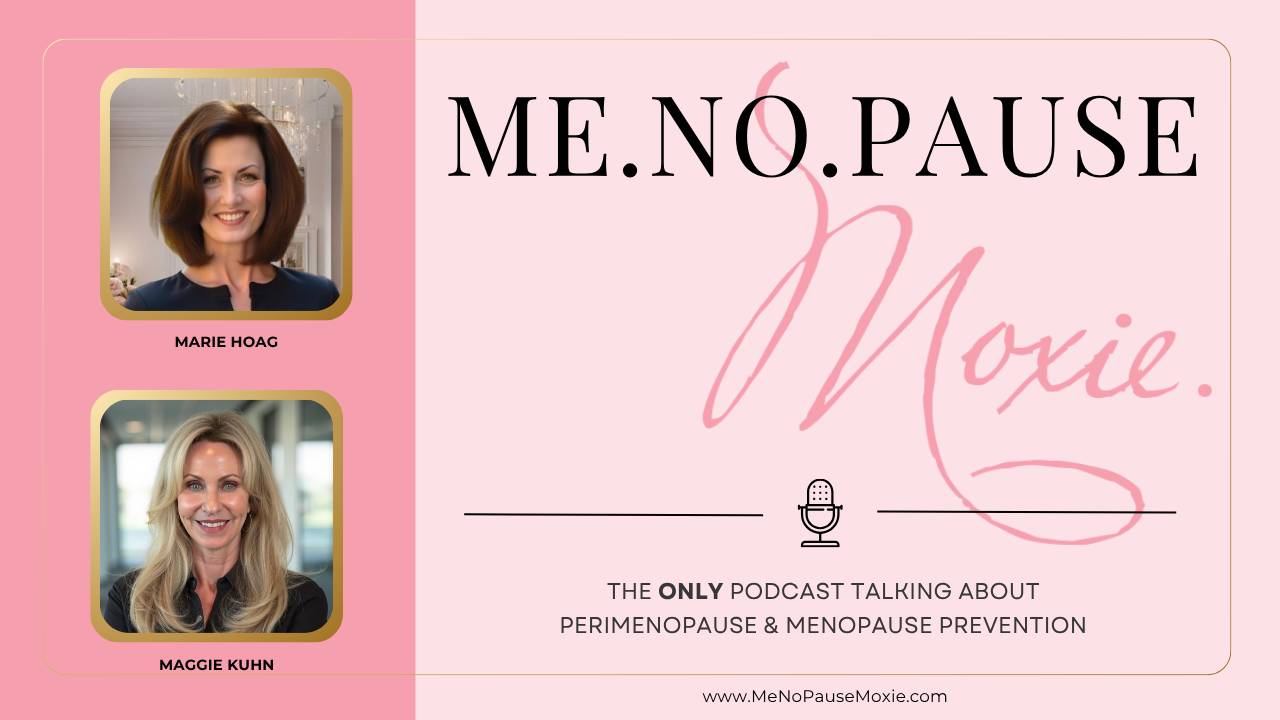Coronavirus and Workplace Wellness

Coronavirus and Workplace Wellness
I often get asked questions about hormones, menopause, and estrogen and how these topics relate to current events. Here is one of those questions that pertain to our current situation with the Covid-19 pandemic and the effects it will have on the female workplace environment.
How do you think the world of workplace wellness for women will change as a result of the Coronavirus?
The Coronavirus will impact women (and men) in significant ways of which no one can really predict the extent. However, knowing what I know about estrogen and the estrobolome, and the challenges shared by my client base, I think workplace wellness for women will be a greater challenge mostly because they will:
- Experience more mental health conditions like depression and anxiety
- Be more unproductive and undependable
- Have a greater sense of feeling like crap all time, every day
- Be more irritable, cantankerous, moody, and harder to work with
- Lack of self-confidence, self-esteem, and self-worth
- Be less resilient
- Have lower energy levels
- Experience decreased executive function
- Lack coping skills
- Have increased anxiety
- Experience greater mental illnesses
- Lack of motivation and drive
- Experience increased cognitive and memory decline
Women will experience these things mostly due to estrogen deficiency and a dysfunctional estrobolome. Before the Coronavirus outbreak, most women were estrogen deficient to begin with. With the added unhealthy diet and lifestyle changes women make during the lockdown, they further create hormone and gut bacteria imbalances that influence how they feel and function from head to toe.
Here are the top five Coronavirus and lockdown factors that impact the mental and physical health of women the most:
- The Elevated Use of Hand Sanitizers. Hand sanitizer is an extreme endocrine-disrupting chemical. It will shut down ovarian production of supercritical hormones such as estrogen, progesterone, and testosterone women need to feel good and thrive. These hormones are required in adequate blood serum amounts for optimal mental and physical health. Mental and physical illnesses are guaranteed when these hormones are too low for too long, especially estrogen. A lot of women already used hand sanitizers before the Coronavirus (which explains the increase of menstrual and gender-related conditions of this generation), but the extreme use of it will shut down ovaries even more.
- Lack of Vitamin D. In addition to the estrogen deficiency side effects most women already experience, they are low in Vitamin D as well. Vitamin D is mother nature's strongest anti-depressant second to the anti-depressant effects of estrogen. It is also a significant contributor to a strong immune system, which will also determine if you are likely to get Covid-19. Many women think Vitamin D is a vitamin. However, this often-misunderstood "vitamin" is not a vitamin — it is a prohormone. Prohormones are substances your body converts to a hormone. In fact, unlike other vitamins, only about 10 percent of the vitamin D you get comes from food, the rest your body makes for itself through exposure to UV rays and taking a supplement. Because of the lockdown, women are less likely to get the UV rays they need to produce their own Vitamin D and are not under a care of a practitioner who is monitoring their levels and supplement doses.
- Lack of Daily Exercise. Women who’ve been exercising to stay healthy before the outbreak slow down their physical activity as gyms and public places of exercise have shut down. This lack of exercise and daily routine shut down ovarian production, lowers estrogen levels, induces insomnia, creates estrogen dominance, eliminates natural energy and metabolism, deregulates bowel function, causes constipation and estrobolome dysfunction, intensifies sugar, and simple carb cravings, and contributes to gut dysbiosis. (Gut dysbiosis and estrogen deficiency create a dysfunctional estrobolome, which in turn, creates estrogen dominance in women. As a result, women are less likely to naturally detoxify their own estrogen or poop every day so they end up storing it in their own tissues. Now women are not only dealing with the side effects of estrogen deficiency, they are dealing with the side effects of estrogen dominance as well.)
- Poor Sleep Hygiene. In addition to the lack of exercise women get, poor sleep hygiene creates a dysfunctional circadian rhythm which is critical in the health of the ovaries and gut microflora, not to mention the impact it has on reducing sugar cravings. Without a regular work or school schedule, women tend to stay up later at night, get up later in the day, and nap during the day. This poor sleep hygiene schedule is a recipe for ovarian and gut bacteria disaster and dysfunction, which further leads to mental and physical illnesses. Women are more tired, cranky, and unproductive when their sleep schedules are off. This will carry over into the workplace impacting the productivity of any company.
- Lousy Food Choices. Eating healthy is not easy when we are not in a crisis but when in a crisis, women tend to eat more processed and refined foods. They tend to snack more, eat late into the night, and eat high simple carb foods that cause tiredness, fatigue, and brain fog. Women who suffer from estrogen deficiency in general already have strong cravings for sugar, processed foods, and simple carbohydrates. The further suppressed estrogen gets and remains will make these cravings much worse and difficult to defeat. This affects how women perform in the workplace.
Workplace wellness for women can only be managed by women and how they take care of themselves. You can’t effectively work and be productive if you feel cruddy all the time. If you want to do well at work or manage your own business, you will need to take the bull by the horns and create a healthy mind and body.
The five best approaches for you to take care of yourself and ensure workplace wellness during the lockdown of the Coronavirus and after is to:
- Ditch the hand sanitizers and build your immune system instead.
- Sleep 7-8 hours only when the sun is down.
- Eat a farm-to-table diet that includes plenty of meat and animal fats.
- Find a way to build an at-home gym or obstacle course. Practice yoga.
- Optimize your hormones, especially estrogen and Vitamin D.
Understanding what it takes to balance your hormones and keep them balanced will help you stay creative, happy, and functional at work and at home.
To achieve optimal hormone balance, I encourage you to participate in my signature hormone balancing program, Balance Your Hormones. It is in this program that I set you up for optimal hormone balance and coach you through the hormone balancing process to your Hormone Sweet Spot™.
Reference:
Yoeli H, Macnaughton J, McLusky S. Menopausal symptoms and work: a narrative review of women's experiences in casual, informal, or precarious jobs. Maturitas. 2021 Aug 1;150:14-21.

Stay connected with me.
Join my mailing list to receive the latest news and updates on blog posts, new podcast episodes, in-person and online events, appearances, webinars, and programs.







